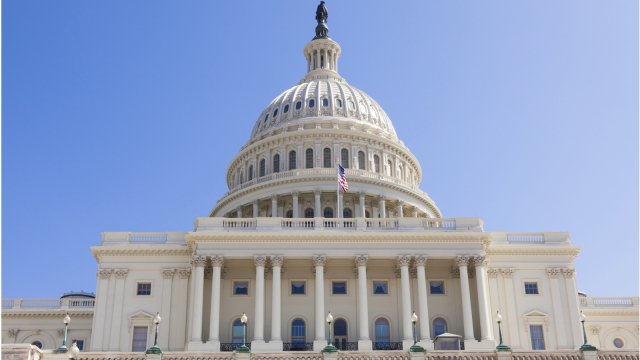
Today, HRC released guidance on assisting LGBTQ refugees ahead of a U.S. House Foreign Affairs Committee hearing next week on global human rights, the first ever to include a witness focused exclusively on the human rights of LGBTQ people.
While LGBTQ people around the world have long faced persecution and discrimination, the rise of ISIL (also known as the Islamic State of Iraq and the Levant) in recent years has resulted in horrifying acts of violence targeting this community. HRC’s new document provides background on the situation, particularly for those fleeing ISIL in Iraq and Syria, and offers much-needed guidance to both governments and advocacy groups on helping LGBTQ people seeking refuge in more welcoming countries, including the United States. The July 12th Congressional hearing, entitled “Human Rights Under Siege Worldwide” will include a particular focus on LGBTQ people and provide lawmakers with an opportunity to learn more about the challenges they face and the ways the United States can help them.
“With LGBTQ people facing persecution and danger every day because of ISIL and other extremists, we need a more comprehensive, cohesive strategy to get these refugees out of harm’s way,” said HRC Global Director Ty Cobb. “The U.S. and the international community must stand up for and support LGBTQ individuals worldwide, not only because it's the right thing to do but because it makes our world more peaceful, safe, and stable for everyone. ”
The guidance was developed in part during an HRC-sponsored summit last month convening representatives from top LGBTQ and refugee organizations to discuss the plight of LGBTQ people fleeing violence from ISIL and others in the Middle East, and hear from LGBTQ refugees about how non-governmental organizations and advocates can remove roadblocks on refugees’ paths to safety. The document is an important step toward creating a cohesive strategy to get LGBTQ refugees out of harm’s way, with recommendations for the U.S. Government, the United Nations’ Refugee Agency and non-government organizations (NGOs). While some of the recommendations are particular to the areas in and around ISIL’s control, many are applicable to all LGBTQ people seeking refuge:
- Allowing LGBTQ Iraqis to claim refugee status while still in their own country, reducing their processing time and allowing them to reach safety more quickly;
- Authorizing additional qualified NGOs to refer individuals directly to the United States Refugee Admissions Program for resettlement in the United States;
- Assisting organizations that provide critical services and support to LGBTQ refugees;
- Providing additional training for staff at organizations that serve LGBTQ refugee populations to ensure that LGBTQ cases are handled properly, and to create safer, more welcoming environments for refugees disclosing their LGBTQ status;
- Allowing lawyers to accompany LGBTQ refugees to protection and resettlement interviews;
- Making the LGBTQ status of refugees available to U.S. refugee resettlement agencies during the refugee allocations process, provided this information is voluntarily given by the refugee, is transmitted securely and does not risk retribution;
- And conducting more systematic data collection and analysis of the number and condition of LGBTQ individuals seeking asylum or refuge, in order to better identify needs and gaps in services.
This document follows on HRC’s previous work highlighting ways to address the needs of LGBTQ refugees and asylum seekers. In October 2015, HRC partnered with the LGBT Freedom and Asylum Network (LGBT-FAN) and The National LGBTQ Task Force to release a guide for direct service providers on supporting LGBTQ asylum seekers in the U.S.. HRC will continue to work on behalf of LGBTQ refugees and asylum seekers from Iraq, Syria, the broader Middle East and from around the world.
Enviroshop is maintained by dedicated NetSys Interactive Inc. owners & employees who generously contribute their time to maintenance & editing, web design, custom programming, & website hosting for Enviroshop.
